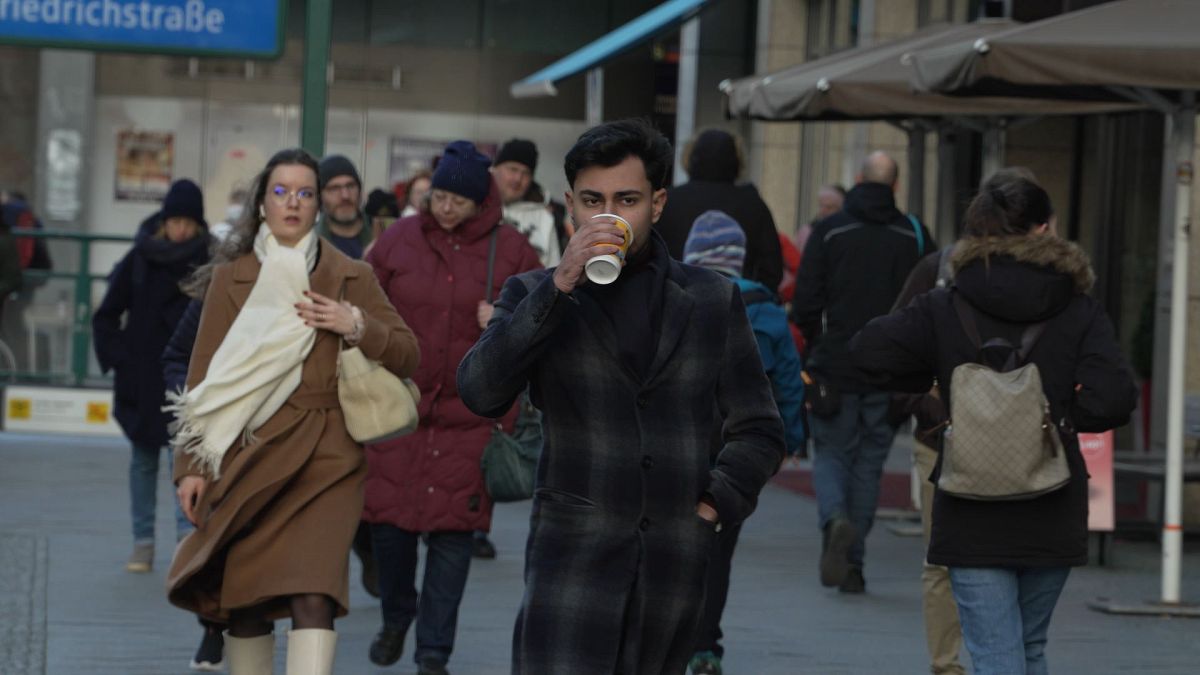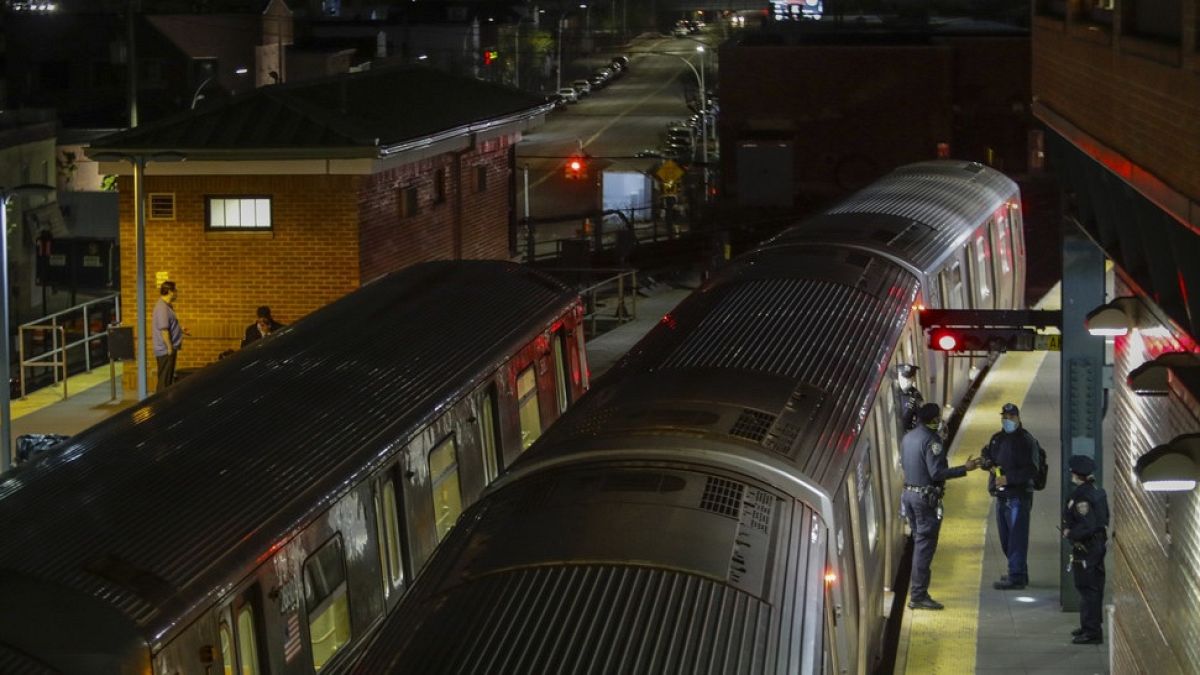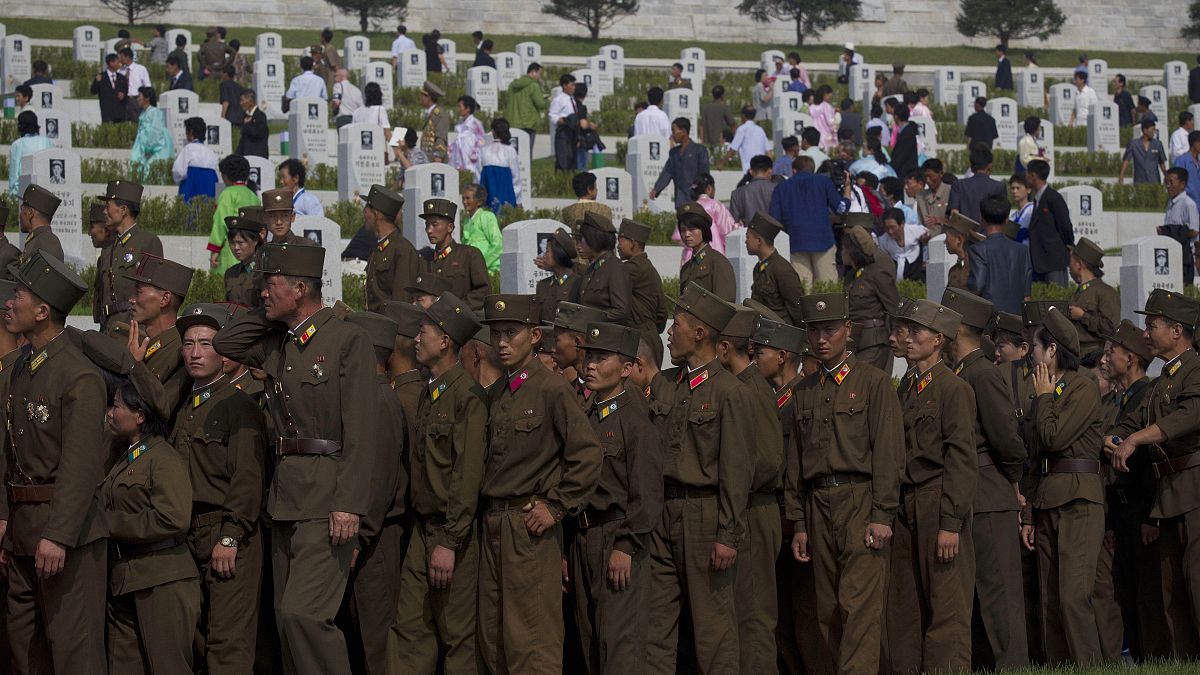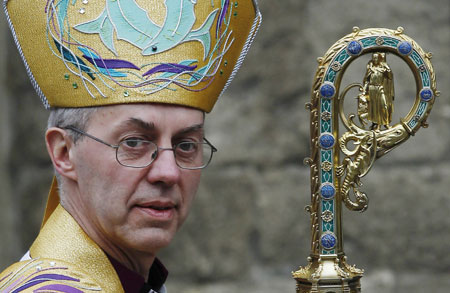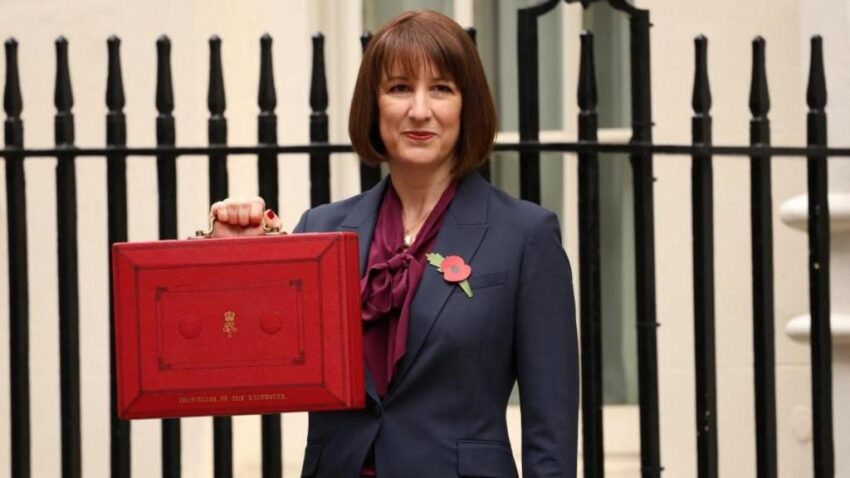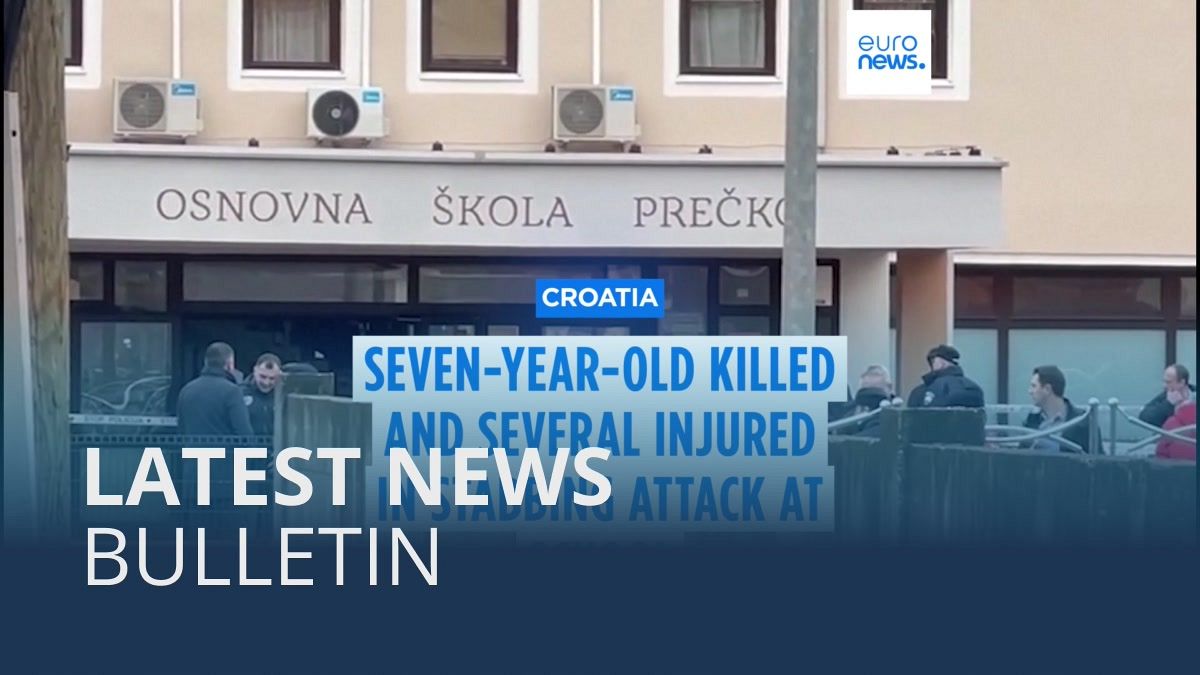Deciding Moldova’s European future
Sunday’s results will show whether the country's efforts to avoid their own 'Brexit moment' will succeed.
Benton Coblentz is a member of the Truman National Security Project and an MPA candidate at the Princeton School of Public and International Affairs.
Voters in Moldova are heading to the polls Sunday to vote in a referendum on whether the country should enshrine its EU aspirations in the constitution. Current polls indicate a fragile majority in favor of the change, but various challenges — including Russian misinformation and the economic repercussions of the full-scale invasion of Ukraine — mean the results are far from certain.
So, might voters in Moldova surprise observers in their EU referendum, just as British voters did in 2016?
In an echo of Brexit, surveys have found that just over 50 percent of Moldovan voters are in favor of the pro-EU position. In a recent poll from the International Republican Institute, 53 percent of respondents were in favor of the change, while a poll by the Moldovan NGO Watchdog.MD found a similar 52 percent share in favor. And as election day has approached, polling indicators point to a growing majority — as well as a small minority planning to abstain. But the uncertainty remains.
Meanwhile, as Moldova’s voters consider their options for the country’s long-term geopolitical future, they’ll also be rendering their judgment on incumbent President Maia Sandu’s bid for reelection.
The timing of all this is seemingly no coincidence. Sandu is currently leading the presidential race, polling at around 35 percent of the vote. And Moldova’s pro-European leadership likely hopes the two elections will be mutually reinforcing, with voters motivated to vote for the EU helping deliver a majority for Sandu — and vice-versa.
However, this presumed positive correlation is far from guaranteed. Popular discontent has been fueled by the economic headwinds brought on by the war in Ukraine, leading to disruptions in Moldova’s supply chain and contributing to inflation — which, at certain points throughout 2023, reached over 30 percent. And given the perceived certainty of Sandu’s reelection, voters may well see a “no” vote in the referendum to be a safe way of expressing their dissatisfaction with her administration.
The opposition is well-positioned to capitalize on this discontent as well. Despite talk of a unified opposition candidate earlier in the year, more than a dozen candidates have now declared their intent to run. And the multiplicity is allowing these candidates to tailor their anti-EU and anti-Sandu messages in ways that will appeal to the country’s different voting blocs. For example, while some are calling for a “no” vote in the referendum, others are encouraging abstention, hoping the referendum will fail to achieve the constitutionally required 33 percent turnout.
Moreover, these opposition efforts are all spearheaded with tacit support from Russian President Vladimir Putin’s government. Not only does Moscow have the power to exert influence through its hold on breakaway region Transnistria’s leadership, but it openly supports the opposition within Moldova itself. Just this month, Moldova’s National Police accused Russia of backing an attempt to bribe 130,000 voters — although the alleged orchestrator of the operation, convicted Moldovan oligarch Ilan Shor, has denied the allegations.
Russia-fed misinformation has been stoking fears about Sandu’s potential reelection as well, claiming she’s preparing to drag the country to war with Transnistria, which is politically backed by Moscow. These misinformation efforts have also focused on tarnishing the EU’s reputation, claiming that membership will spread LGBTQ+ propaganda and lead to family separations.
Despite Russia’s outside support for the opposition, however, Moldova’s pro-European forces are laying the groundwork for a successful close to their campaign. Sandu has actively promoted EU integration, holding large rallies in Chișinău and launching her reelection bid with a focus on EU aspirations.
The country’s civil society has been active too. For example, one campaign by the Institute for Politics and European Reform aired poignant ads in favor of the EU during the Euro football championships, presenting a screen split to compare visions of a life of peace and of war, calling to celebrate the “79 years of peace and respect for life” that European integration brought the Continent.
The EU itself has also done a good job promoting the efficacy of a strong relationship with Brussels. After being granted candidate status in 2022 and officially beginning negotiations in December 2023, Moldova hit major milestones in its accession process. It hosted the 2023 European Political Community Summit, attended by 45 European heads of state and government. And signs of EU-funded public works projects are now visible throughout the country, reinforcing the tangible benefits of EU association.
However, even if all these efforts fall short, the format of the question posed to voters might help Moldova avoid the U.K.’s fate. In Britain, voters were faced with a broad question about leaving or remaining in the EU, whereas Moldovan voters will be specifically asked about including EU aspirations in their constitution.
Thus, while a failure in the referendum might challenge the government’s perceived legitimacy, it wouldn’t necessarily preclude Moldova from a European future. It would, however, make the 2025 parliamentary elections — where Sandu’s party currently faces bleak prospects — all the more important.
Overall, Moldova’s pro-European forces have successfully laid the groundwork for a positive result in this year’s referendum — but they can’t afford to be overly complacent at the eleventh hour. And Sunday’s results will show whether Moldovans’ efforts to avoid their “Brexit moment” will succeed.
What's Your Reaction?







